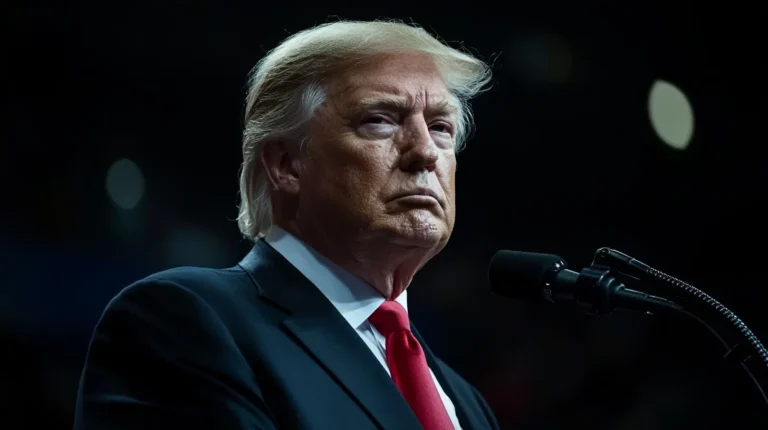A senior trade adviser to President-elect Donald Trump has expressed concern over reports that China may allow its currency, the yuan, to weaken. Peter Navarro, the incoming senior counselor for trade and manufacturing, indicated that the new administration would view such actions unfavorably, especially given China’s past reputation as a currency manipulator.
In an interview, Navarro emphasized that while the White House would respect the Treasury Department’s biannual review on currency practices, the Trump administration would not tolerate any perceived attempts by China to manipulate its currency. “The history of China as a currency manipulator is well-known,” Navarro stated, hinting that any such move could provoke a strong response.
During Trump’s first term, his administration officially labeled China a currency manipulator in 2019, a designation that had not been applied since 1994. Although the label was rescinded the following year, it marked a significant escalation in U.S.-China trade tensions, with Trump threatening bold measures to counter what he described as unfair practices.
This week, reports surfaced that China’s leadership is considering devaluing the yuan in 2025 in anticipation of higher U.S. tariffs as Trump prepares to return to the White House. Analysts suggest that Beijing may see currency adjustments as a way to stimulate its economy amid the possibility of harsh trade measures. Trump has proposed a 10% universal import tariff and a 60% tariff specifically targeting Chinese imports.
Navarro suggested that Trump could act swiftly if China takes steps to weaken its currency, bypassing the Treasury Department’s formal review process. “If the president feels it’s necessary, he could respond immediately by raising tariffs even further,” Navarro explained.
These developments reflect the ongoing uncertainty in U.S.-China trade relations, as both nations brace for potential economic clashes under Trump’s renewed leadership.

